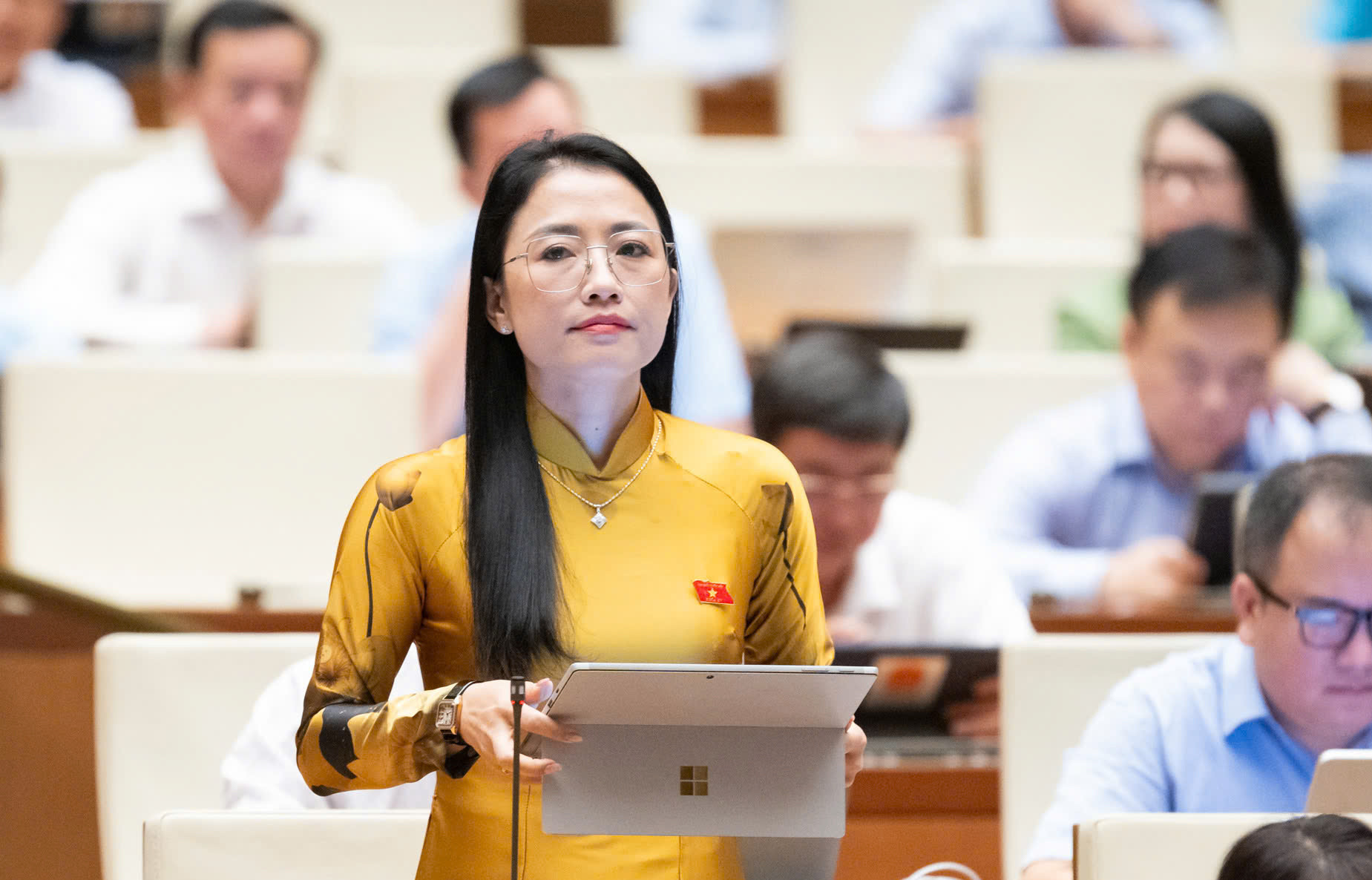
One of the most noticeable points of the draft law is the proposed increase in the responsibility of advertisers, especially celebrities and influencers, following many cases of false advertising discovered and penalized by authorities.
According to the National Assembly’s Committee on Culture and Social Affairs, some opinions suggest regulations should apply to all individuals delivering advertising content, not just influencers. There are proposals for stricter sanctions against influencers or for the Government to regulate severe penalties. Additionally, there should be legal frameworks to regulate advertising activities, and sanctions on violators, such as bans on participating in advertising, business activities, social media use, or requirements for public apologies.
The National Assembly Standing Committee found the deputies’ opinions reasonable and directed further research and adjustments to regulations on the obligations of influencers delivering advertising content.
It is necessary to verify the reliability of advertisers, and check documents related to advertised products, goods, or services. They must not promote products, goods, or services they have not used or do not fully understand. Influencers must inform consumers in advance that they are engaging in advertising activities.
Regarding sanctions for influencers, the National Assembly Standing Committee proposed that the Government refine regulations on administrative penalties and other provisions based on deputies’ feedback. The draft law also stipulates that individuals delivering advertising content must be legally accountable if the advertising content fails to meet regulatory requirements.
Tran Khanh Thu, a National Assembly deputy from Thai Binh, proposed strict penalties for electronic news sites publishing false or misleading advertisements that do not align with the product’s purpose or content, as well as for celebrities advertising products inaccurately, causing harm to consumers.
There should be regulations requiring news sites to review advertisements before publication, rather than relying solely on automated advertising systems.
The deputy cited recent cases of counterfeit milk and fake functional foods, noting that these companies possess certificates, test results, and product declarations, but investigations later found that these products were fake.
However, the question is whether it is feasible to require advertisers, especially singers, artists, or actors, to verify documents related to products or goods.
The requirement for advertisers to announce their advertising activities in advance should be clearly regulated, such as through public disclosure on social media platforms like Facebook, TikTok, or YouTube.
Regarding compensation for false advertising by content deliverers, particularly celebrities, the deputy believes that regulations should be clearer, possibly including joint liability for compensation.
In the US, the Federal Trade Commission requires celebrities to clearly disclose financial relationships with brands when advertising products. Advertisements must be truthful about the product’s effectiveness or features.
In South Korea, violations can result in fines of up to 2 percent of advertising revenue or up to 500 million won (VND9 billion). In 2022, the country added a regulation prohibiting artists from being the face of alcohol brands to limit negative impact on young people.
These countries’ regulations aim to protect consumer rights and ensure truthfulness in advertising. Celebrities must strictly comply with legal regulations when participating in advertising to avoid legal consequences as well as damage to their reputation.
According to international practice, if celebrities have conducted reasonable due diligence based on legal documents provided by businesses, they won’t be considered as intentionally engaging in deceptive advertising, and the primary responsibility will lie with the business or manufacturer.
Trinh Xuan An, a deputy from Dong Nai, noted that in recent cases, the most problematic issue in advertising was influencers.
Attracting attention is often done through beauty pageants, models, singers, or scandals. An said that this group has not been adequately addressed and stricter regulations on influential advertisers are needed.
He proposed that only individuals with relevant expertise should be allowed to advertise. Beauty queens or actors who lack knowledge about a product should not be permitted to advertise for the product.
Tran Thi Thu Hang, a National Assembly deputy from Dak Nong, said recently, authorities have continuously uncovered cases of advertising counterfeit goods, products of unclear origin, or exaggerated claims about product benefits. She specifically mentioned the counterfeit milk advertising involving a famous MC and TV host, and the cases related to Quang Linh Vlogs and Hang Du Muc, and most recently, the widely discussed long se dieu case (the dish consists of a section of a pig's small intestine characterized by thick walls and intricate folds, offering a rich, crispy texture when cooked).
Tran Thuong